Any anger over the alleged hatred is only possible when the Associated Press makes hateful assumptions about gays.
Look, we knew this thing was going to go off the rails right away, probably before this train left the station. For starters, you have the press once again attempting to slam Florida Governor Ron DeSantis; they have a success rate on these matters on par with Joe Biden trying to conquer a 1,000-piece borderless 2-sided jigsaw puzzle. Then you have the Associated Press involved, which has a history of distemper with both DeSantis, and his press secretary, Christina Pushaw.
The issue at hand involves the Florida Parental Rights in Education law, put into effect this summer and now about to be implemented schools open next week. The AP felt they had some ironclad proof of the nefarious nature of this law. I stress the word “felt” here because writer David Klepper certainly did not think this matter all the way through. The bias is on display from the onset, as Klepper resorts to the massively inaccurate description of this law in the headline: Florida’s ‘Don’t Say Gay’ law fuels anti-LGBTQ hate online.
That reliance on the slanted description is not just a tell of the partisan approach; it is the foundation of the entire unraveling of the accusation made in this stunted piece of journalism. What Klepper is attempting to do is to use a recent study that claims it has found evidence that this Florida law has led to an explosion of online hate and intolerance. In order to get to that conclusion, however, one needs to both refuse to apply a measure of pragmatic thought, and you also have to resort to base prejudice about the very group you claim to want to protect.
The alleged hate is based on a study conducted by The Human Rights Campaign, where the outfit tracked a significant number of social media posts that it flagged as deeply problematic towards the LGBT𝜋 community. The flaw is evident in that before getting into the data they serve up page after page of lecturing verse about the intolerance directed at this segment of society. Then they finally get around to laying out the framework of the study.
Researchers used the social analytics tool BrandWatch to collect samples of tweets posted between January 1 2022, and July 27 2022, matching queries designed to identify the use of slurs associating the LGBTQ+ community and its allies with “groomers’’ or child predators.
The calendar parameter is meant to coincide with the timeline of the legislation in Florida, and therefore measure the rise of online hatred as it coincides with that legislation becoming a news story. Then you get the complete farce behind this survey when it proposes responsibility and its flawed measurement system.
An initial flurry of tweets emerged when political proponents of the ‘Don’t Say Gay or Trans’ bill moved to re-brand it as an “anti-grooming” bill. On March 4, Christina Pushaw, the press secretary of Republican state governor Ron DeSantis, tweeted that the bill should be described as “anti-Grooming” and that those against it are “probably” groomers or at least “don’t denounce the grooming of 4-8 year old children”.
The survey takes issue with a rebranding of the law, which in truth is a re-rebranding. The use of the “anti-groomer bill” was in response to the legislation being falsely dubbed the “don’t say gay bill,” but this inaccuracy not only goes unaddressed, it becomes the self-fulfilling hypothesis. By allowing that wrongful title of the bill to stand for their measurement the organization finds the “hate” it was looking for.
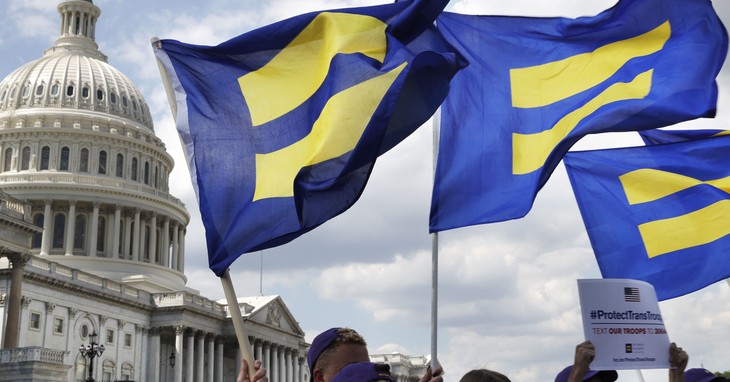
A tweet from Christina Pushaw is declared the flashpoint of the online attacks, as it received two million notices, and this is then held up as proof the law generated hate. How? The study calls her tweet, “A key inflection point in the utilization of the terms connected with “grooming” alongside mentions of the bill.”
Yes, the pedophile and grooming references were directed at those individuals who were fighting to either maintain or insert objectionable subject matter into the youngest of classrooms. There was no designation as to anyone doing so being LGBT𝜋 members, it was based on the insistence alone of wanting that material presented to kindergarten-aged children. The desire for that curriculum is where groomer/pedophile is centered, not on who is making that request.
In order to assert that saying “groomer” automatically means LGBT𝜋 members, that connection has to be made by those making the accusation. Then the study makes the case for them, in a deeply asinine fashion. They tabulated the online messages that had what they determined to be “slurs” in reference to the LGBT𝜋 community – by measuring those against the inaccurate use of the phrase “Don’t Say Gay Bill.” By allowing the wrongfully rebranded name then the objectionable terms were able to be linked to the gay community, despite most of the usage not having any connotation implied.
So this study is completely baseless. They have to recharacterize the law incorrectly, measure the online reactions to that slanderous mischaracterization, then make the leap that anyone opposing pedophiles was referencing LGBT𝜋 (they ONLY meant LGBT𝜋), and then compile data to prove their claim by measurement using the completely inaccurate renaming of the law.
This is such a backward way of thinking, and yet this is the media acting as if they are in their right minds. Klepper even uses a reference as a form of support: “Critics have said the law sends a hateful message about LGBTQ people.” The critics he mentions are found in a link – to an AP story inaccurately demonizing the law.
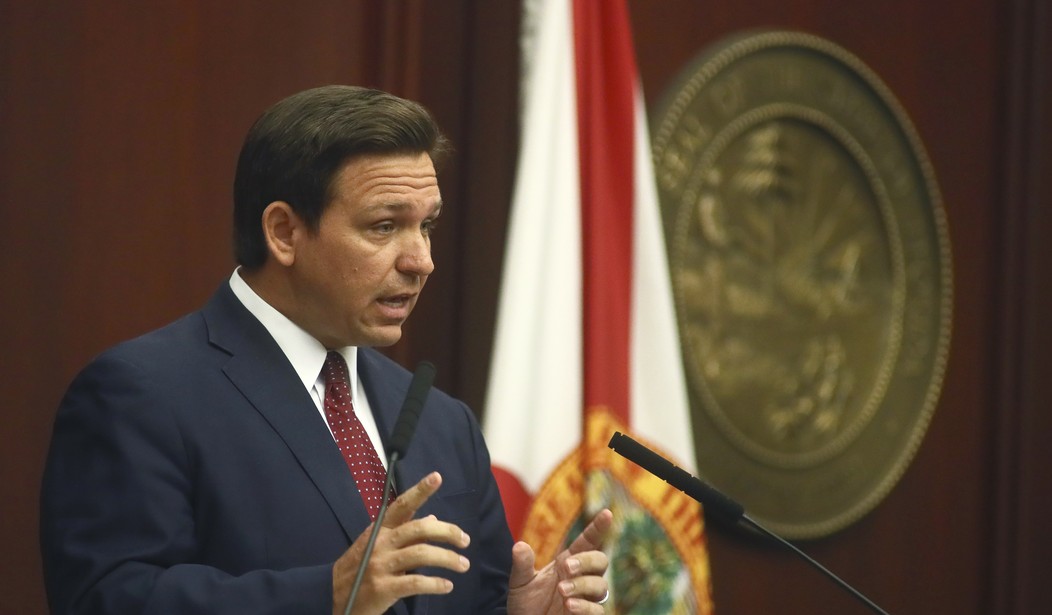




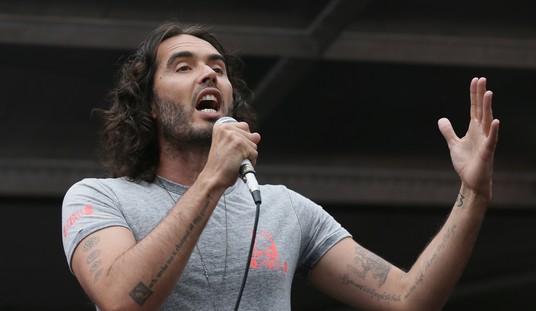
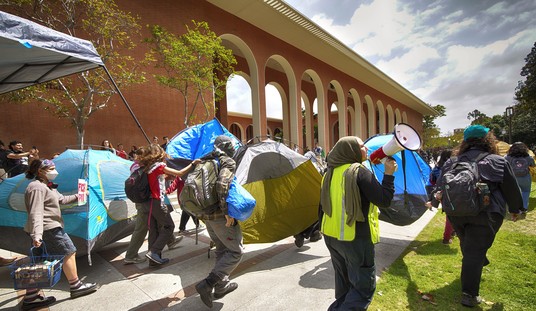
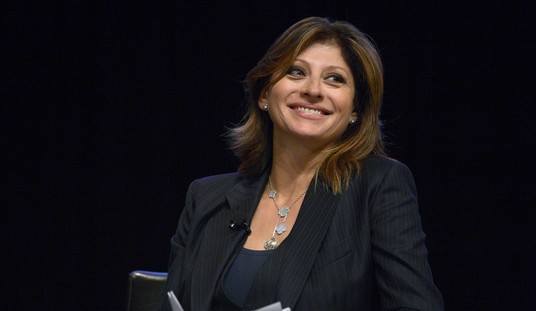
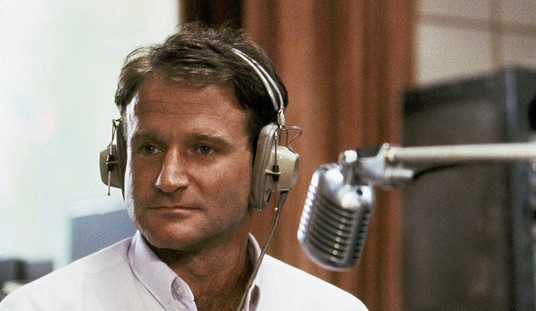




Join the conversation as a VIP Member